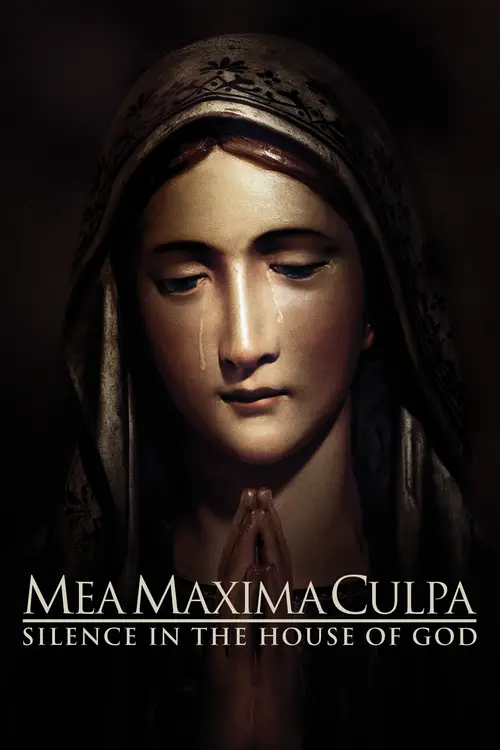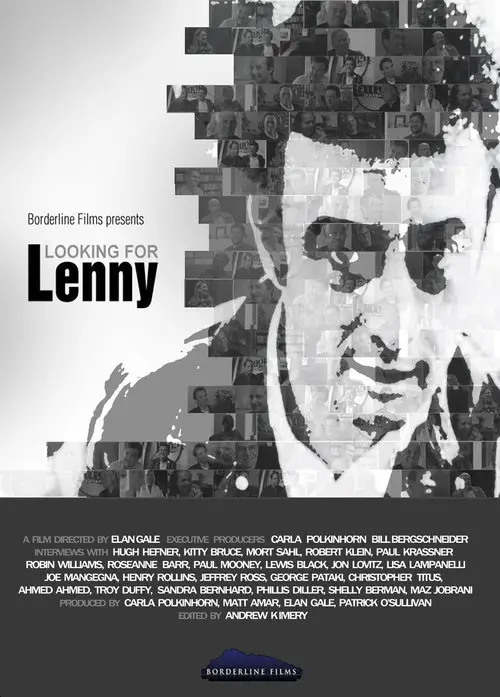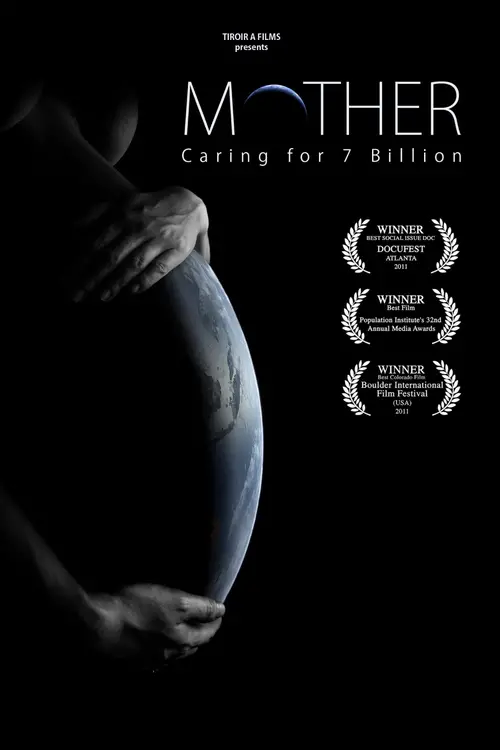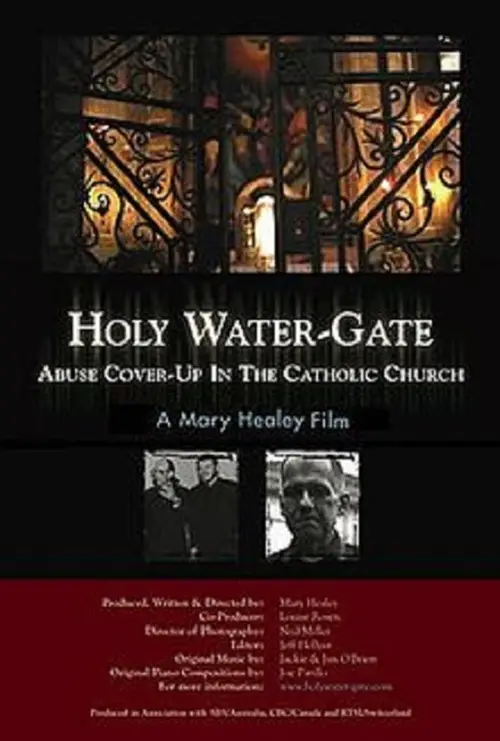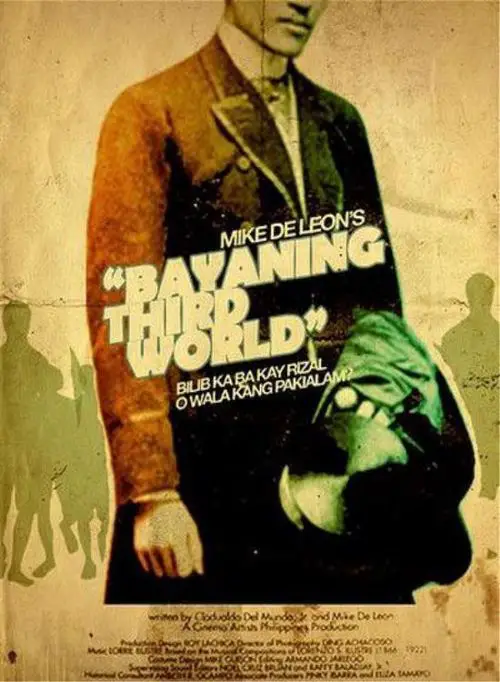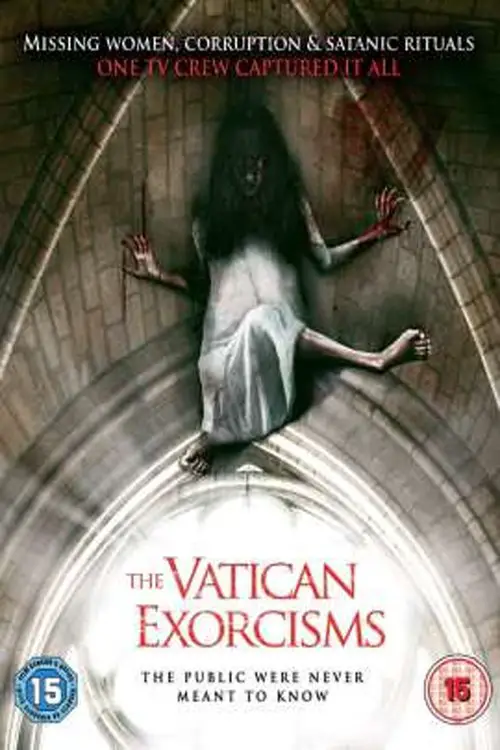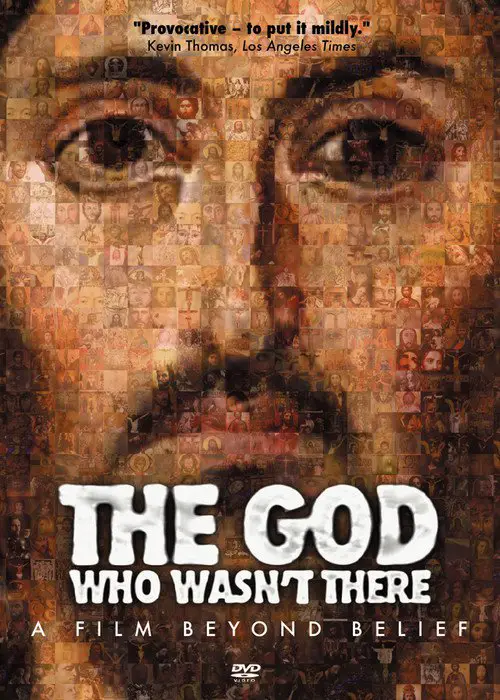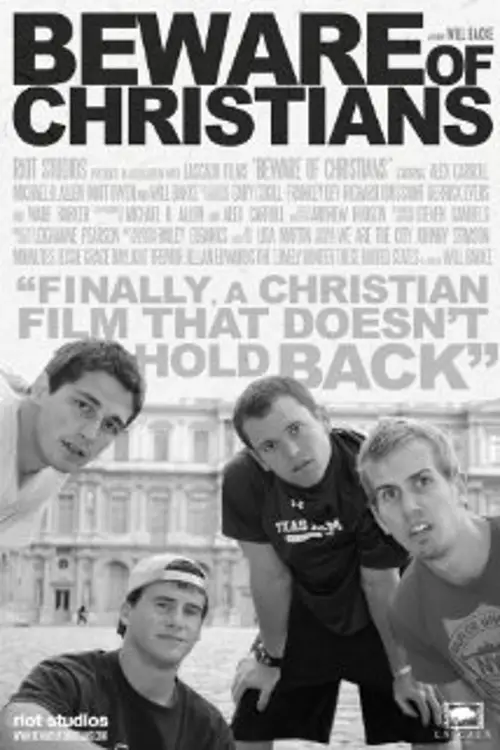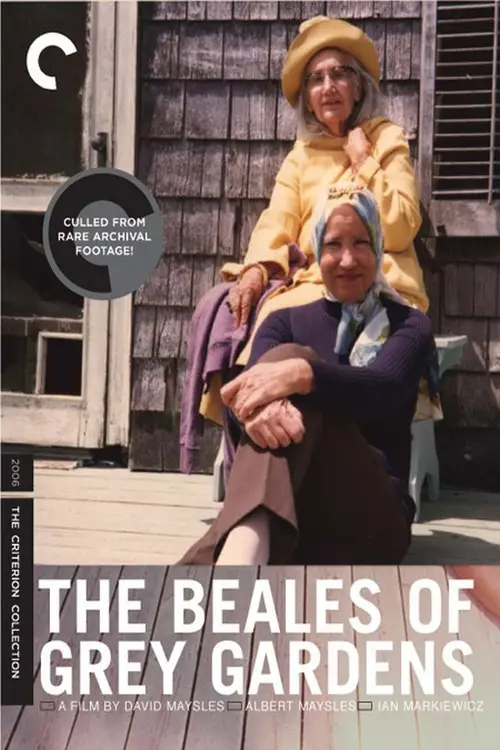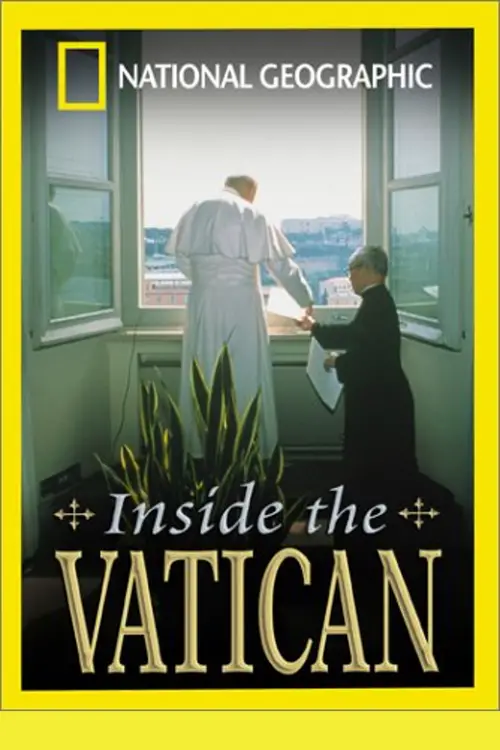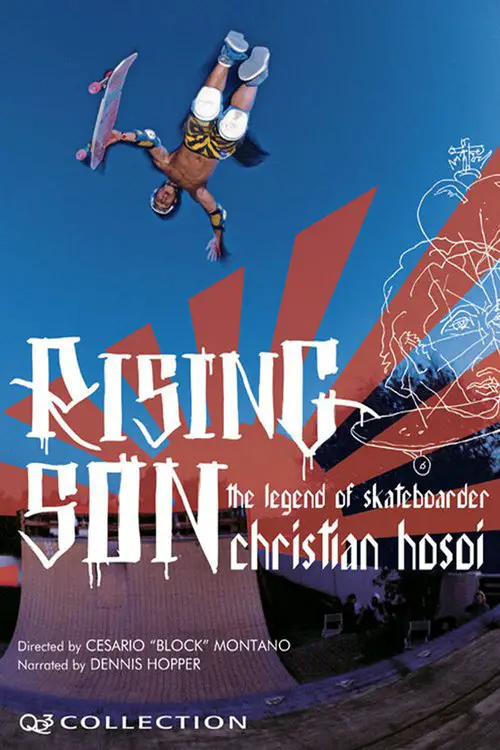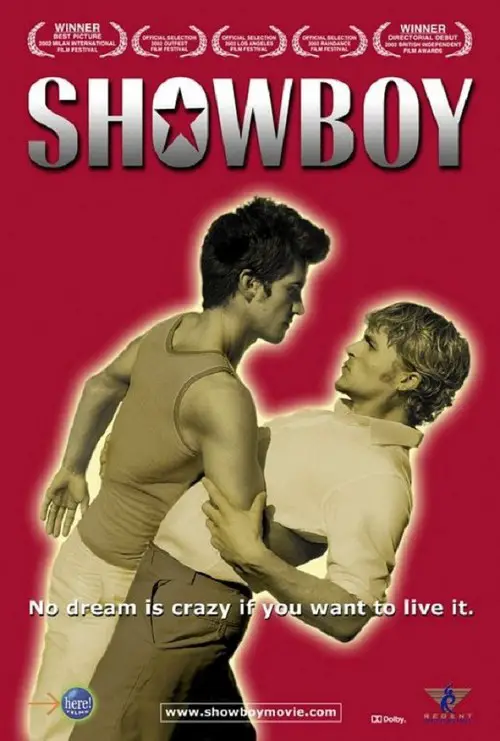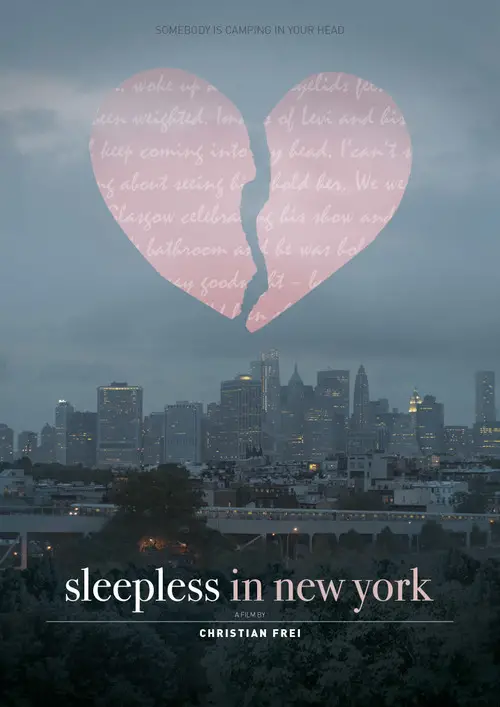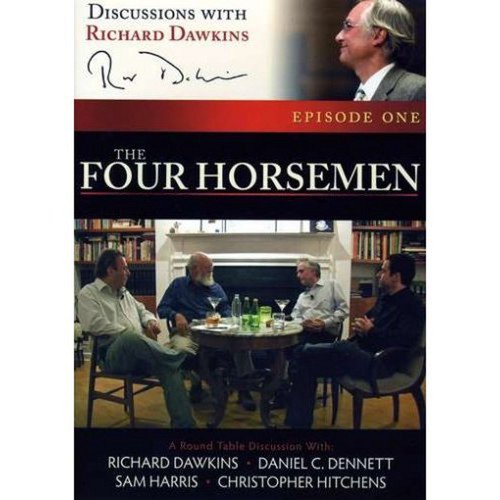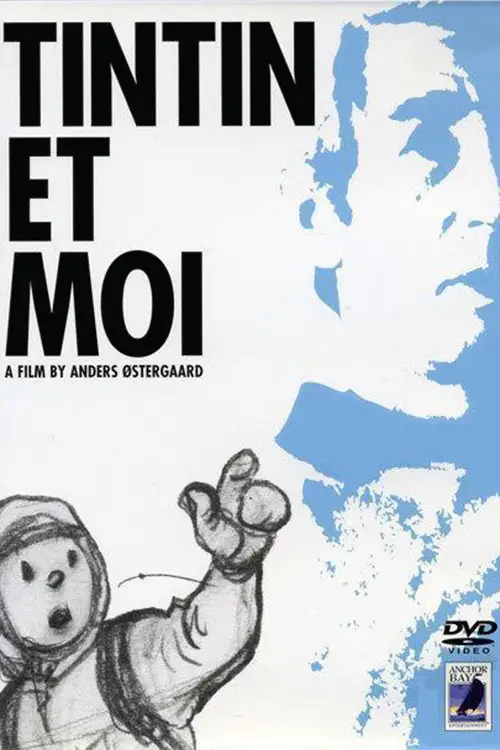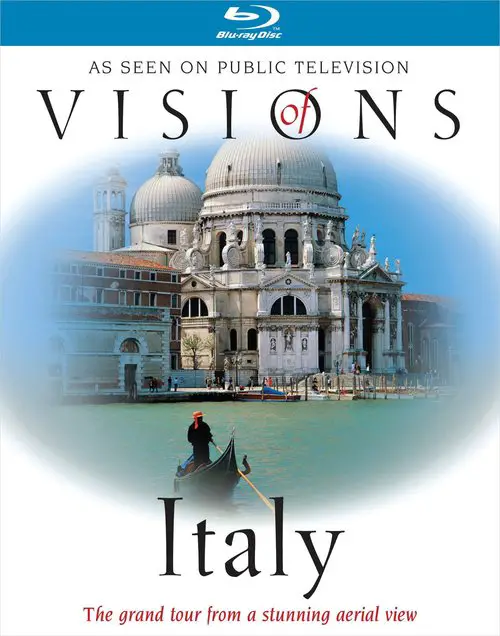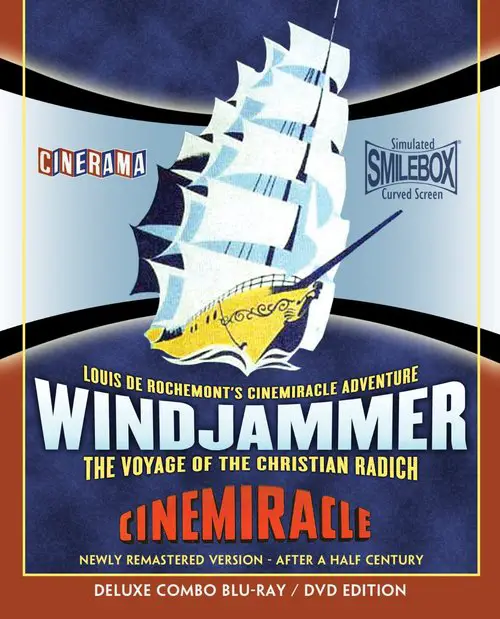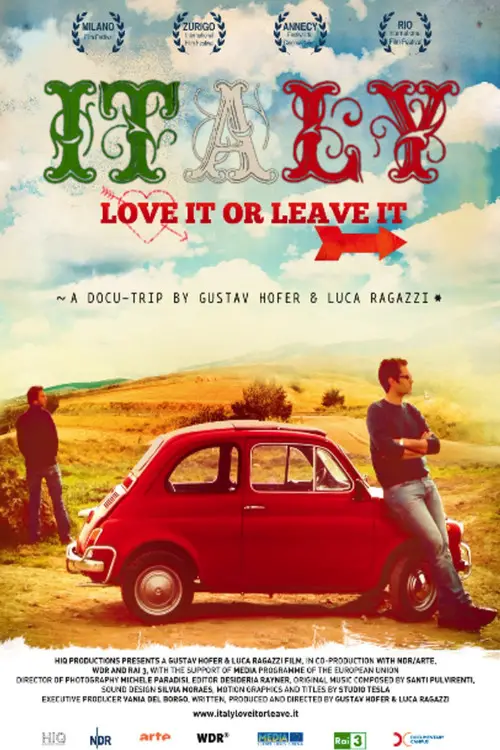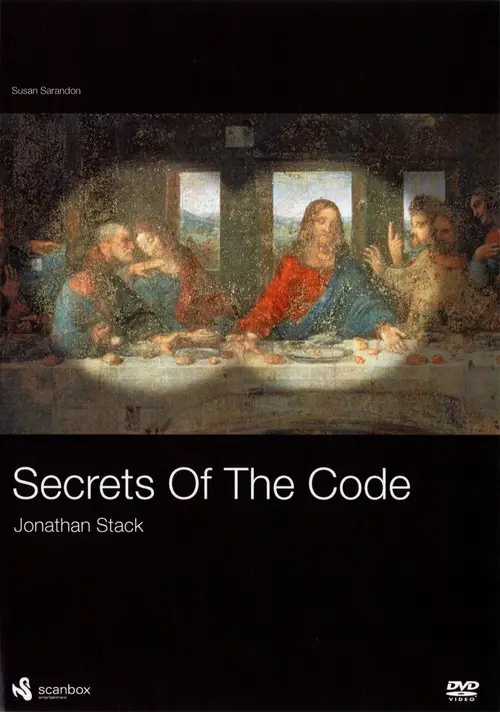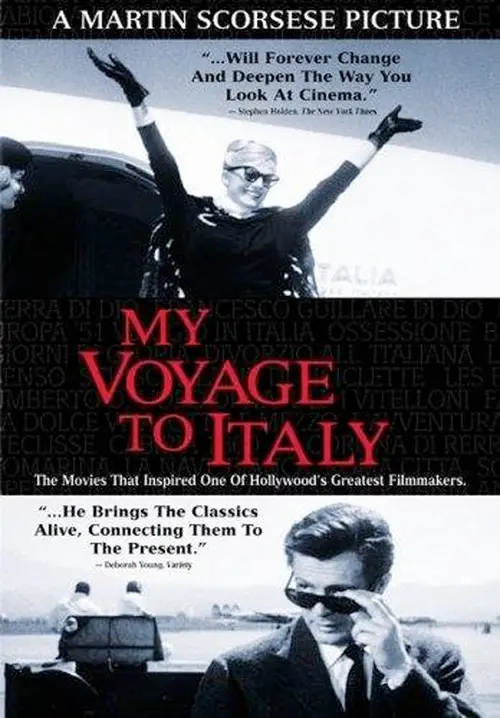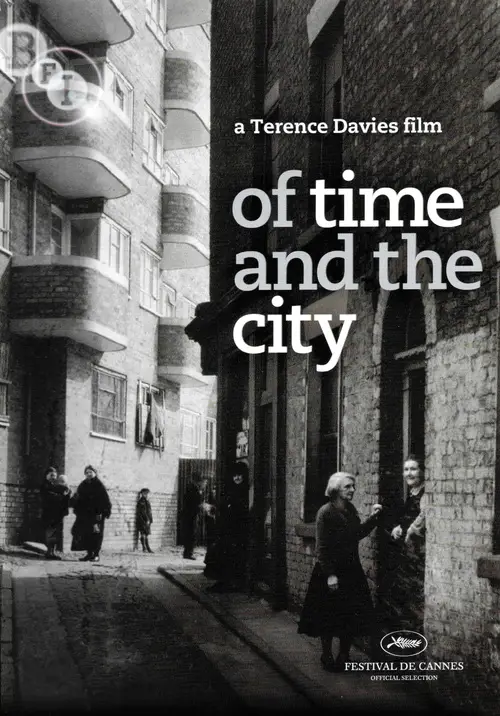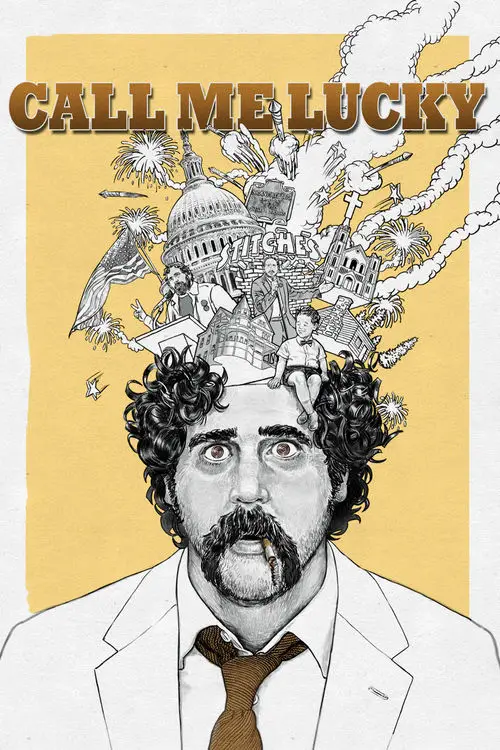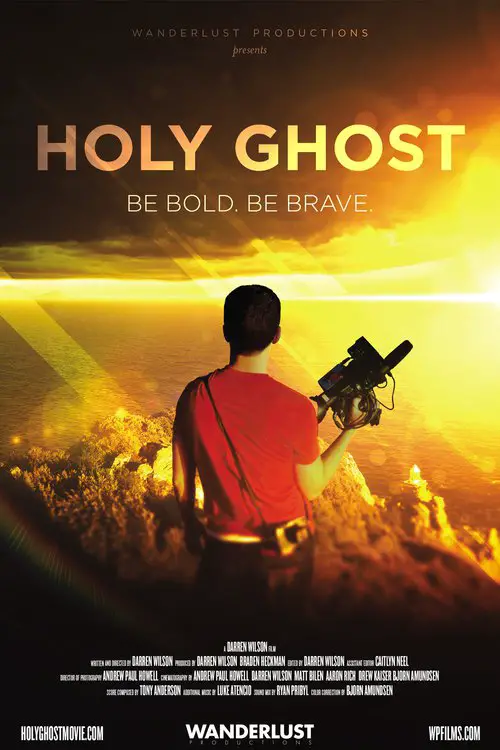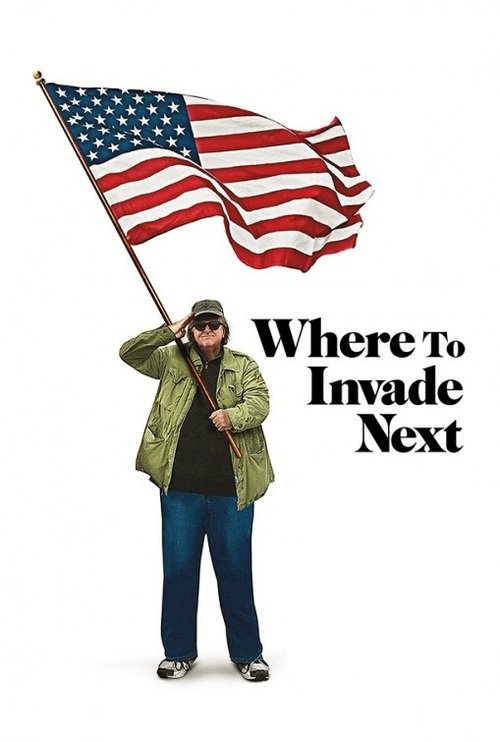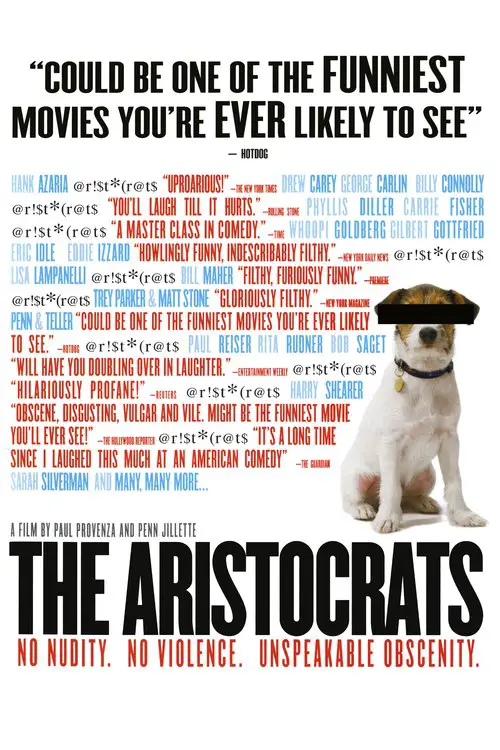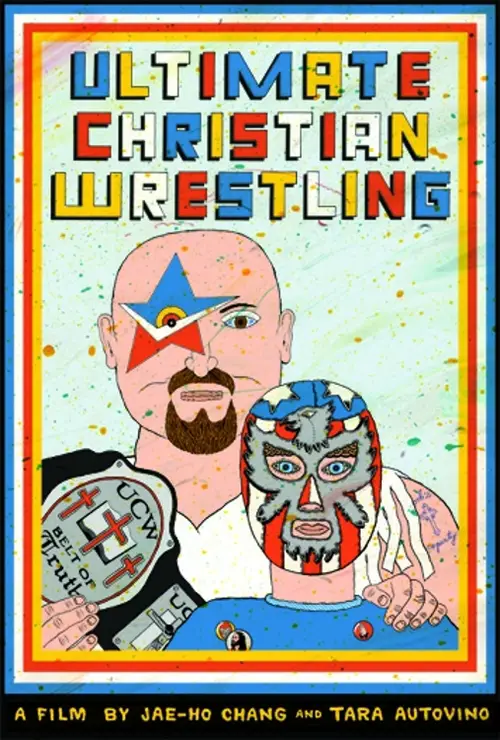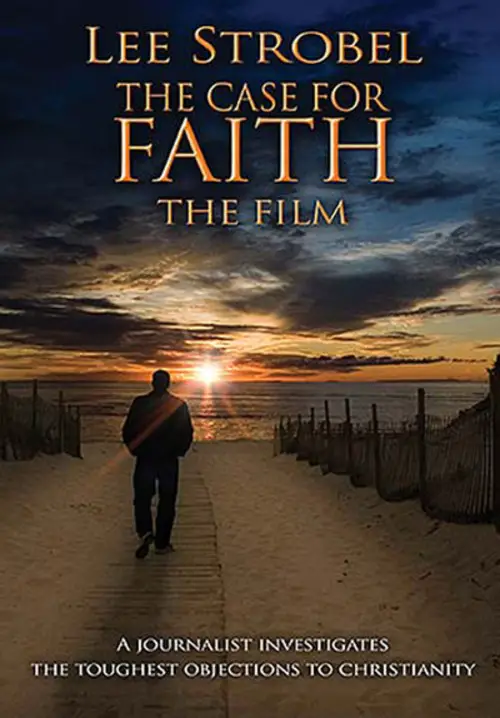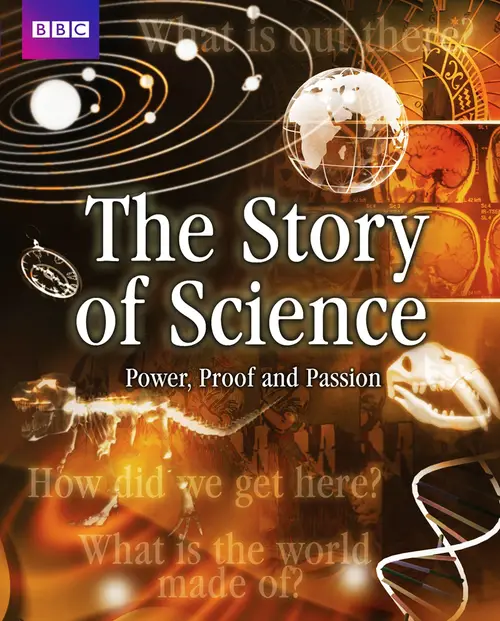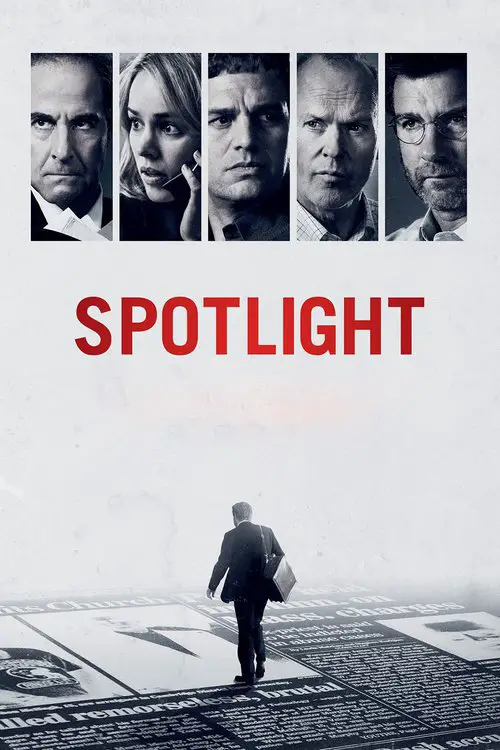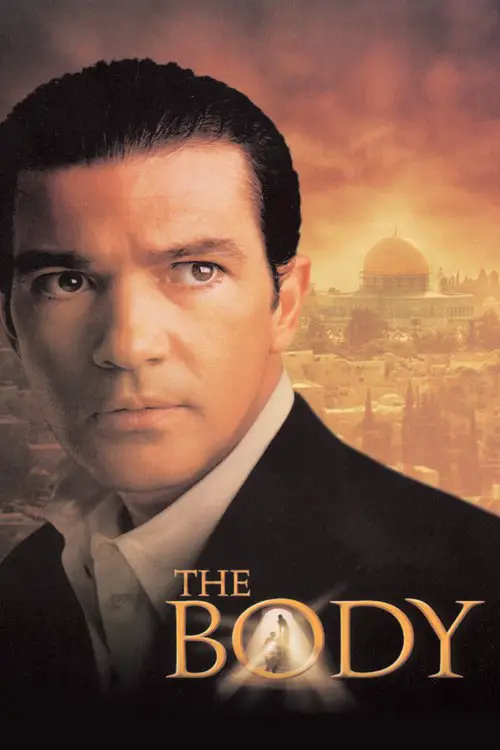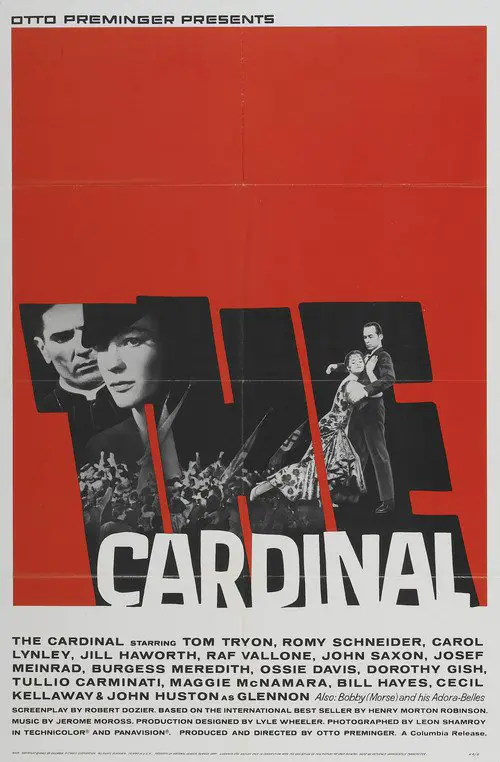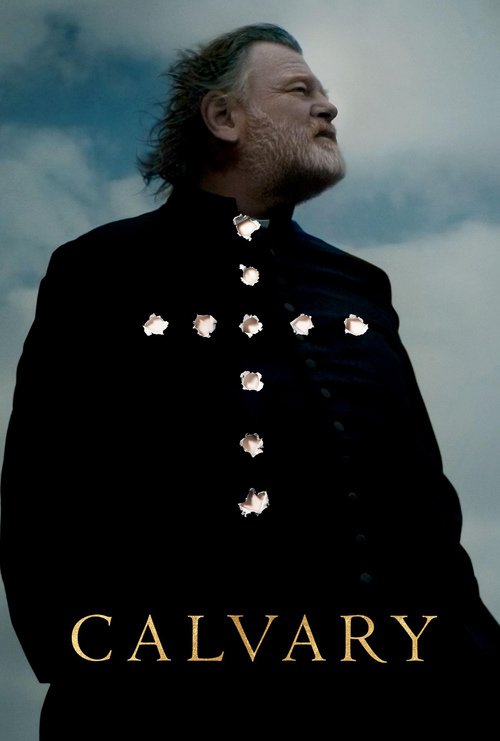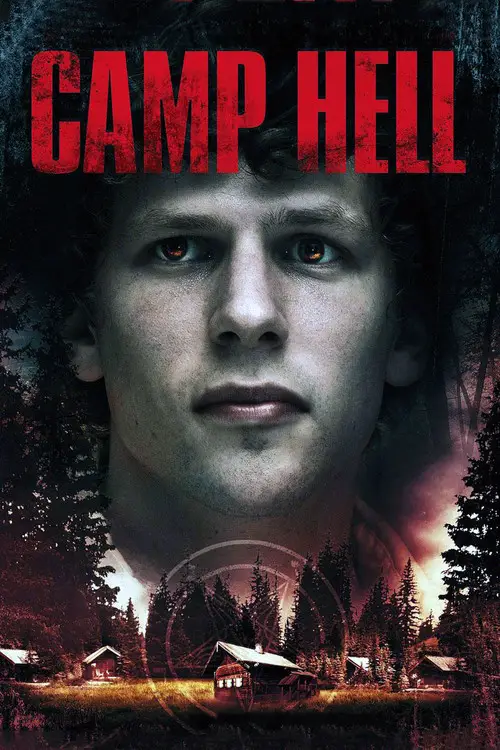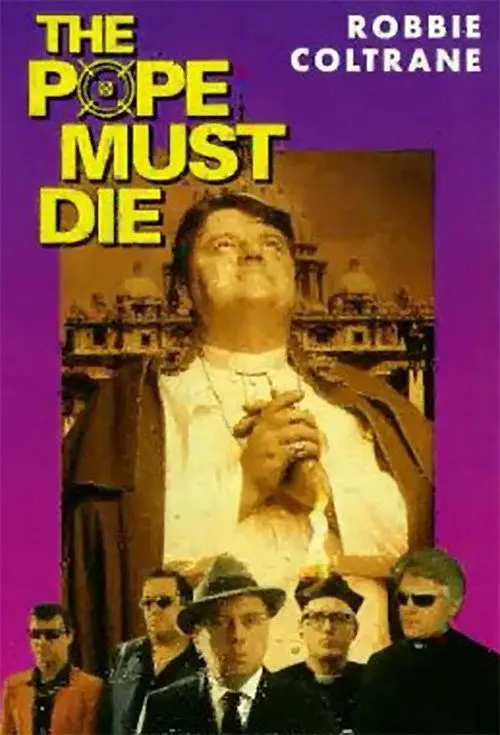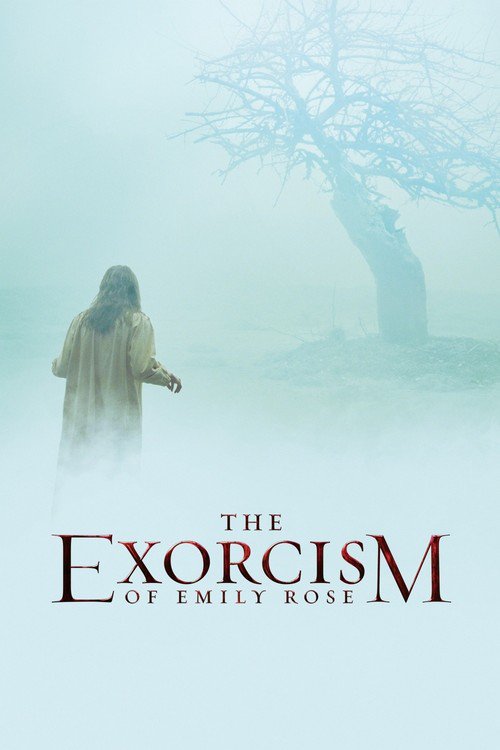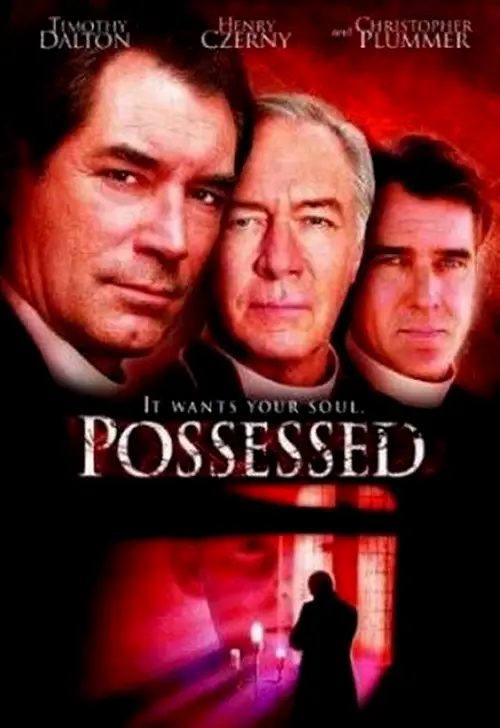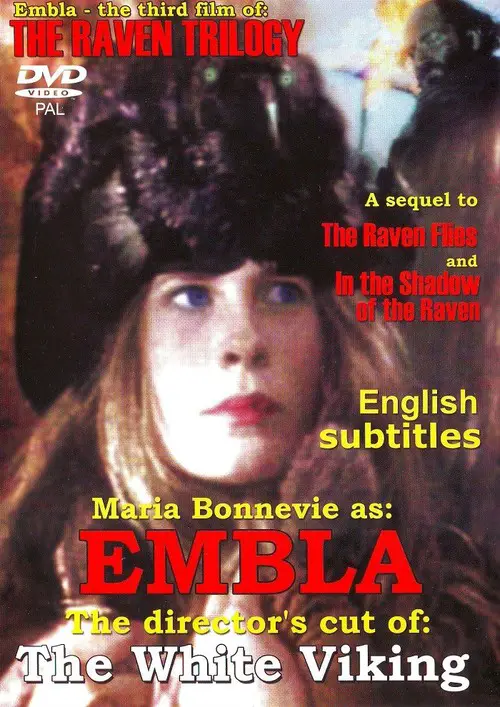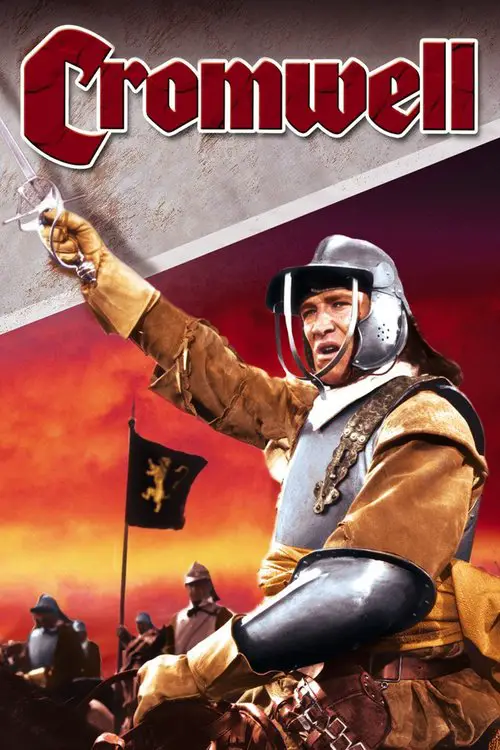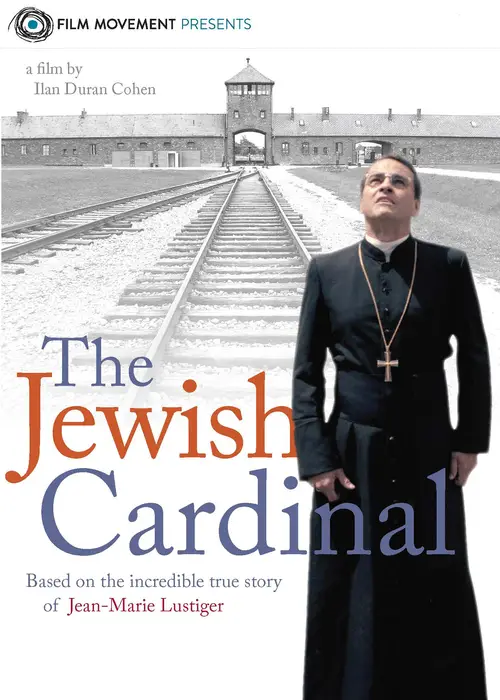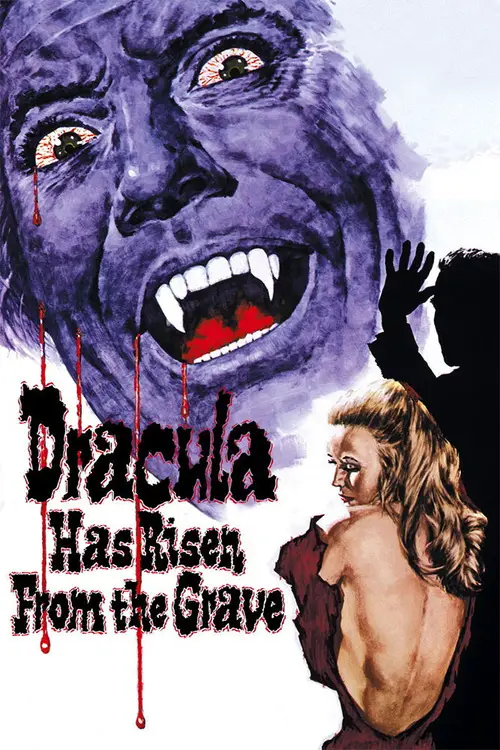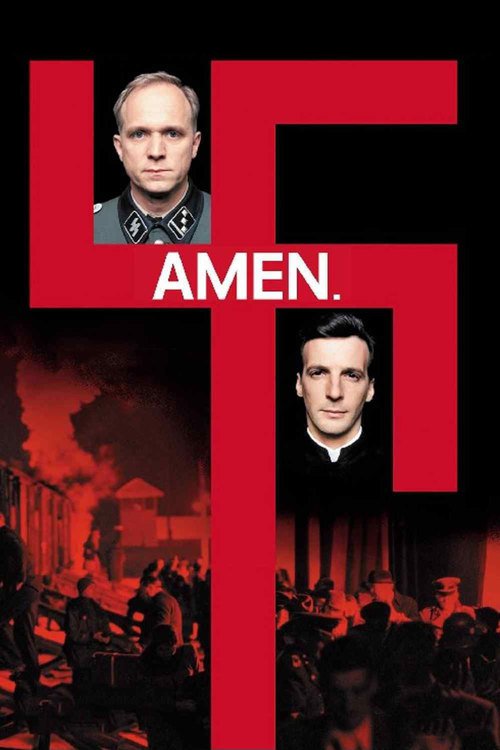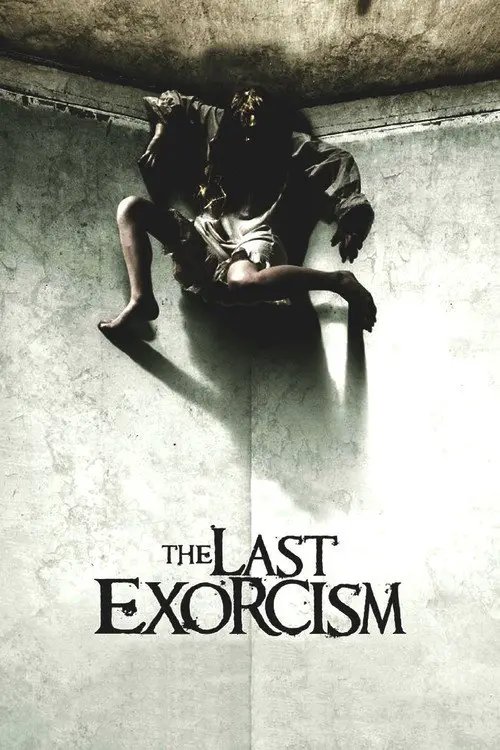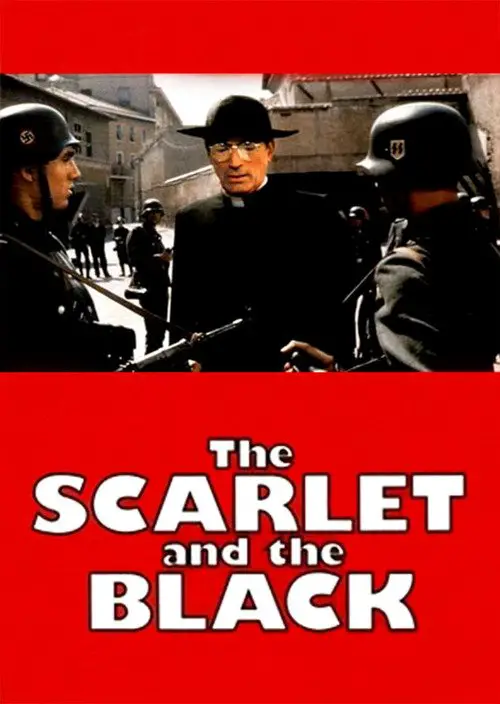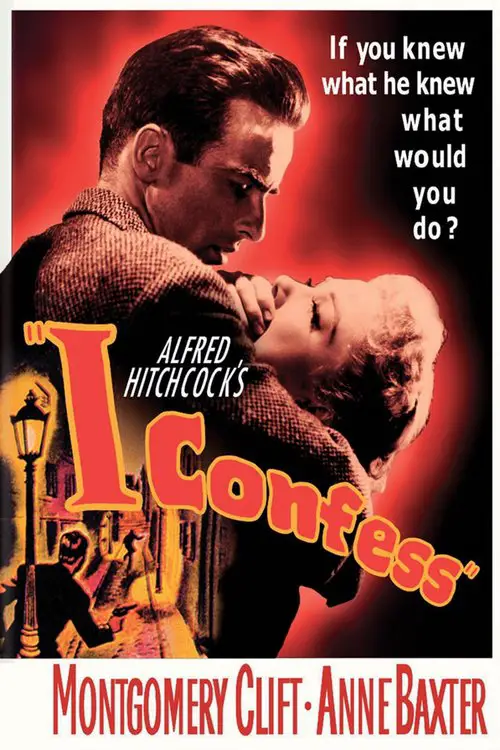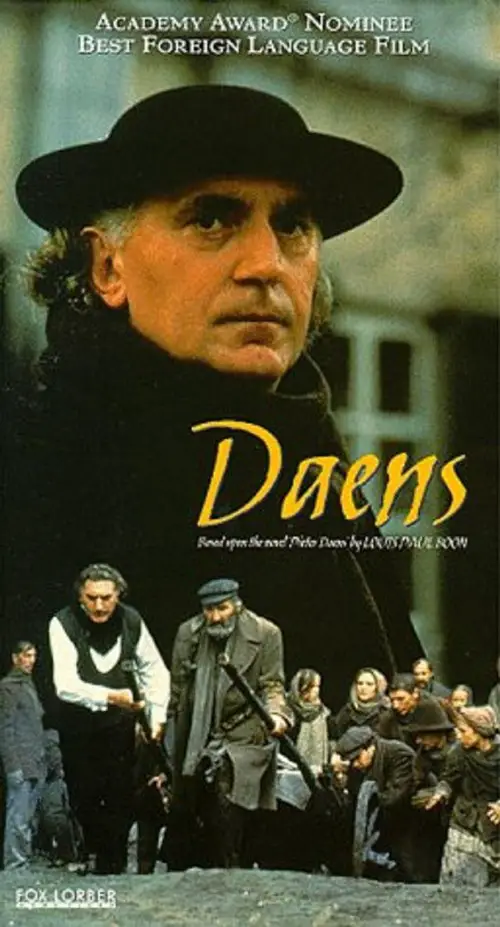The Devil and Father Amorth (2017)
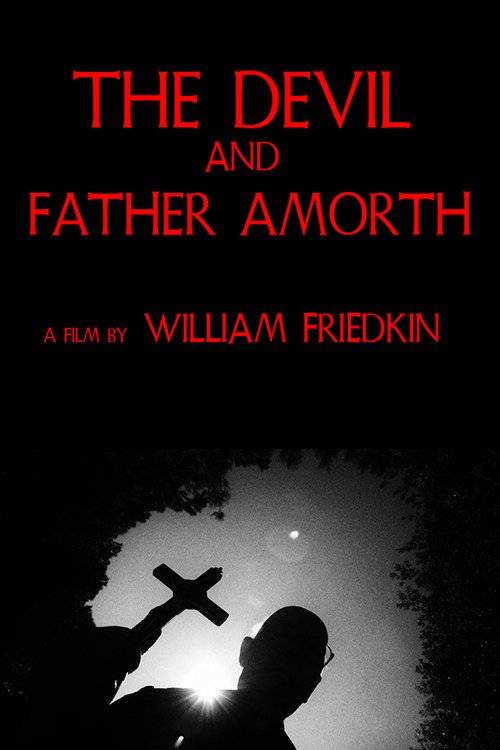
Similar movies
Documentary filmmaker Amy Berg investigates the life of 30-year pedophile Father Oliver O'Grady and exposes the corruption inside the Catholic Church that allowed him to abuse countless children. Victims' stories and a disturbing interview with O'Grady offer a view into the troubled mind of the spiritual leader who moved from parish to parish gaining trust ... all the while betraying so many.
Commentator-comic Bill Maher plays devil's advocate with religion as he talks to believers about their faith. Traveling around the world, Maher examines the tenets of Christianity, Judaism and Islam and raises questions about homosexuality, proof of Christ's existence, Jewish Sabbath laws, violent Muslim extremists.
Mother, the film, breaks a 40-year taboo by bringing to light an issue that silently fuels our largest environmental, humanitarian and social crises - population growth. Since the 1960s the world population has nearly doubled, adding more than 3 billion people. At the same time, talking about population has become politically incorrect because of the sensitivity of the issues surrounding the topic- religion, economics, family planning and gender inequality. The film illustrates both the over consumption and the inequity side of the population issue by following Beth, a mother, a child-rights activist and the last sibling of a large American family of twelve, as she discovers the thorny complexities of the population dilemma and highlights a different path to solve it.
The film begins as a personal journey of filmmaker, Mary Healey, who was also a Catholic. She films a series of historic events where we meet key players involved in the sexual abuse scandal, including victims, whistle-blower priests and a senior ranking US Cardinal who is called upon by the Vatican to control a waxing maelstrom.
Two filmmakers try to create a film venturing on the life of Jose Rizal. Before they do that, they try to investigate on the heroism of the Philippine national hero. Of particular focus is his supposed retraction of his views against the Roman Catholic Church during the Spanish regime in the Philippines which he expressed primarily through his two novels Noli Me Tangere and El Filibusterismo. The investigation was done mainly by "interviewing" key individuals in the life of Rizal such as his mother Teodora Alonso, his siblings Paciano, Trinidad, and Narcisa, his love interest and supposed wife Josephine Bracken, and the Jesuit priest who supposedly witnessed Rizal's retraction, Fr. Balaguer. Eventually, the two filmmakers would end up "interviewing" Rizal himself to get to the bottom of the issue.
A growing number of Evangelical Christians believe there is a revival underway in America that requires Christian youth to assume leadership roles in advocating the causes of their religious movement. Jesus Camp follows children at a Christian summer camp as they hone their "prophetic gifts" and are schooled in how to "take back America for Christ." The film is a first-ever look into an intense training ground that recruits born-again Christian children to become an active part of America's political future.
Mother and daughter - Big Edie and Little Edie Beale - live with six cats in a crumbling house in East Hampton. Little Edie, in her 50s, who wears scarves and bright colors, sings, mugs for the camera, and talks to Al and David Maysles, the filmmakers. Big Edie, in her 70s, recites poetry, comments on her daughter's behavior, and sings "If I Loved You" in fine voice. She talks in short sentences; her daughter in volumes. The film is episodic: friends visit, there's a small fire in the house, Little Edie goes to the shore and swims. She talks about the Catholic Church. She's ashamed that local authorities raided the house because of all the cats. She values being different.
At 14, best friends Robb Reiner and Lips made a pact to rock together forever. Their band, Anvil, hailed as the "demi-gods of Canadian metal, " influenced a musical generation that includes Metallica, Slayer, and Anthrax,. Following a calamitous European tour, Lips and Robb, now in their fifties, set off to record their 13th album in one last attempt to fulfill their boyhood dreams
Christian Taylor, a writer on hit TV series Six Feet Under, is being profiled by a British documentary crew when he's sacked, though he doesn't know they've overheard the firing. They follow him to Las Vegas, where he is ostensibly doing "research" for the next season, but is actually pursuing a dream to become a dancer in a Vegas show.
Tintin and I (French: Tintin et moi) is a 2003 documentary by Anders Høgsbro Ãstergaard, about Belgian writer-artist Georges Remi, better known as Hergé, and his creation Tintin. The film is a co-production of Denmark, Belgium, France, and Switzerland.The film is based around Numa Sadoul's revealing interviews with Hergé from the 1970s, and goes into detail about Hergé's life and how the success of Tintin affected it.The film is based strongly around Hergé's experiences and state of mental health leading up to the writing of Tintin in Tibet, often heralded as Hergé's most personal album. The history of Tintin is examined through Hergé's life and the way that he was affected by the growing popularity of his character.
Shot in high definition, VISIONS® OF ITALY: Northern Style offers the ultimate vacation
postcard of Italy â the sights and scenes immortalized in literature, movies, and art for
centuries â seen as never before. Stunning aerial footage and evocative Italian music
from Luciano Pavarotti to Connie Francis showcase unprecedented views of Siena, Florence,
Pisa, Venice, Lake Como, the Alps and more.
After their award winning documentary, 'Suddenly, Last Winter', Luca and Gustav are back. This time they have to decide: should they stay in Italy, or leave it, like so many of their friends have done already. Looking at some defining Italian icons, they go on a emotional trip on a old Fiat 500 through Italy, to look behind the cliches and to discover, what's left of the famous Italian way of life, confronting a glorious pas, a shaky present and an uncertain future.
"I saw these movies. They had a powerful effect on me. You should see them." That's Martin Scorsese's message for this documentary. We meet his family on Elizabeth Street in New York; he's a third generation Italian with Sicilian roots. Starting in 1949, they watched movies on TV as well as in theaters, lots of Italian imports. Scorsese, with his narration giving a personal as well as a public context, shows extended clips of these movies. Films of Rossellini and De Sica fill part one; those of Visconti, Fellini, and Antonioni comprise part two. Scorsese takes time with emotion, style, staging, technique, political context, and cinematic influence. It's his movie family.
Of Time and The City is both a love song and a eulogy to the directors birthplace of Liverpool. It is also a response to memory, reflection and the experience of losing a sense of place as the skyline changes and time takes it toll. The visual content of âOf Time and the Cityâ consists largely of archival clips of Liverpool from the 1940s to the â60s, their nostalgic charm darkened by accompanying music and by the counterpoint of Mr. Daviesâs dry, at times dyspeptic voice-over narration. His voice thickens with emotion as he recalls the delights of juvenile moviegoing or the ritual of a holiday trip to New Brighton, and hardens with contempt when he turns his gaze on the hoopla surrounding Queen Elizabethâs coronation in 1953.
An inspiring, triumphant and wickedly funny portrait of one of comedyâs most enigmatic and important figures, CALL ME LUCKY tells the story of Barry Crimmins, a beer-swilling, politically outspoken and whip-smart comic whose efforts in the 70s and 80s fostered the talents of the next generation of standup comedians. But beneath Crimminsâ gruff, hard-drinking, curmudgeonly persona lay an undercurrent of rage stemming from his long-suppressed and horrific abuse as a child â a rage that eventually found its way out of the comedy clubs and television shows and into the political arena.
Can the Holy Spirit direct a movie? In this fast-paced documentary from the director of the popular films Finger of God, Furious Love, and Father of Lights, Darren Wilson sets out to make a movie that is completely led by the Holy Spirit. No plan, no script, no safety net--just go wherever he feels the Spirit leading him to try and discover the adventure God has for him. Whether it's the riches of Monte Carlo, a heavy metal concert, or the oldest city in the world, the result is a film that not only challenges and excites, but also reveals a God who is far more alive and active than you ever imagined.
Why would two New York-based filmmakers dedicate five years of their lives to following three white, Jesus-loving, spandex-clad men from the Bible Belt, particularly when the world of documentary filmmaking has generated its fair share of films concerning sensationalistic religious expression and contact sports in recent years? Because it's not about wrestling, and it's not about Jesus. Against a bizarre and entertaining backdrop, and through a motley cast of characters, we are reminded of what connects us all, lest we forget what it means to be human.
A young priest, Father Chisholm is sent to China to establish a Catholic parish among the non-Christian Chinese. While his boyhood friend, also a priest, flourishes in his calling as a priest in a more Christian area of the world, Father Chisholm struggles. He encounters hostility, isolation, disease, poverty and a variety of set backs which humble him, but make him more determined than ever to succeed.
An ancient skeleton has been discovered in Jerusalem in a rich man's tomb. Colouration of the wrist and leg bones indicates the cause of death was crucifiction. other signs, include a gold coin bearing the marks of Pontius Pilate and faint markings around the skull, lead authorities to suspect that these could be the bones of Jesus Christ. Politicians, clerics, religious extremists and those using terror as a means to an end, find their beliefs and identities test while risking their lives to unearth the truth.....
Youthful Father Chuck O'Malley (Bing Crosby) led a colourful life of sports, song, and romance before joining the Roman Catholic clergy. After being appointed to a run-down New York parish , O'Malley's worldly knowledge helps him connect with a gang of boys looking for direction, eventually winning over the aging, conventional Parish priest (Barry Fitzgerald).
At the end of every summer, the children of a Christian community from a suburb of New Jersey attend Camp Hope. They travel deep into the woods far from any distractions the world provides. Here, the children are taught the ways of the Lord, the perils of the flesh, and the horror of the Devil. A charismatic priest leads them in their training. But, he unknowingly has brought something with him, something evil. What was supposed to be a safe place, a spiritual retreat has now turned into a nightmare that not even faith can end.
When a younger girl called Emily Rose (Carpenter) dies, everyone puts blame on the exorcism which was performed on her by Father Moore (Wilkinson) prior to her death. The priest is arrested on suspicion of murder. The trail begins with lawyer Erin Bruner (Linney) representing Moore, but it is not going to be easy, as no one wants to believe what Father Moore says is true.
An 11 year old boy starts throwing temper tantrums, vomiting on and attacking people, and swearing uncontrollably. Furniture begins to move on its own when he is around, and he doesn't remember any of it. After giving up on the protestants, the boy's parents turn to the catholic church for help. Father Bowden is a WWII veteran who is experiencing nightmares, flashbacks and other personal problems, including alcoholism. He is recruited by the archbishop to perform a series of exorcisms. This is the apparent true account of the last exorcism known to have been done by the catholic church.
Norway in the 10th century. Askur, son of the powerful Thorgeir marries Embla, daughter of one of the few remaining landowners in Norway, in a pagan ceremony. King Olav, a ruthless christian, wants to eredicate all traces of non-christian beliefs and captures the two of them during the ceremony. In order to free Embla, Askur must go to Iceland and convert the people there to catholicism.
The Jewish Cardinal tells the amazing true story of Jean-Marie Lustiger, the son of Polish-Jewish immigrants, who maintained his cultural identity as a Jew even after converting to Catholicism at a young age, and later joining the priesthood. Quickly rising within the ranks of the Church, Lustiger was appointed Archbishop of Paris by Pope John Paul IIâand found a new platform to celebrate his dual identity as a Catholic Jew, earning him both friends and enemies from either group. When Carmelite nuns settle down to build a convent within the cursed walls of Auschwitz, Lustiger finds himself a mediator between the two communitiesâand he may be forced, at last, to choose his side.
In the shadow of Castle Dracula, the Prince of Darkness is revived by blood trickling from the head-wound of an unconscious priest attempting exorcism. And once more fear and terror strikes Transylvania as the undead Prince of Darkness stalks the village of Keineneburg to ensnare victims and satisfy his evil thirst.
The film "Amen." examines the links between the Vatican and Nazi Germany. The central character is Kurt Gerstein, a member of the Institute for Hygiene of the Waffen-SS who is horrified by what he sees in the death camps. Moreover, he is shocked to learn that the process he used to purify water for his troops, by using zyklon, served as a basis to kill people in gas chambers.
After years of performing âexorcismsâ and taking believersâ money, Reverend Marcus travels to rural Louisiana with a film crew so he can dispel what he believes is the myth of demonic possession. The dynamic reverend is certain that this will be another routine âexorcismâ on a disturbed religious fanatic but instead comes upon the blood-soaked farm of the Sweetzer family and a true evil he would have never thought imaginable.
Fr. Hugh O'Flaherty is a Vatican official in 1943-45 who has been hiding downed pilots, escaped prisoners of war, and Italian resistance families. His diplomatic status in a Catholic country prevents Colonel Kappler from openly arresting him, but O'Flaherty's activities become so large that the Nazi's decide to assassinate him the next time he leaves the Vatican. O'Flaherty continues his work in a variety of disguises. Based on a true story. Written by John Vogel
In 1890 werkte de bevolking van Aalst onder erbarmelijke omstandigheden in de textielfabrieken. Misbruikt en uitgebuit door de rijke fabrieksdirecteuren omwille van winst. Mannen werden ontslagen omdat vrouwen goedkoper werkten. Kinderen werkten dag en nacht en raakten zo vermoeid dat ze vaak in slaap vielen en onder de machines werden vermorzeld. Dat is de situatie die priester Adolf Daens (Decleir), na een conflict met bisschop Stillemans (Schoenaerts), aantreft bij de terugkeer in zijn geboortestad Aalst. Hij neemt zijn intrek bij zijn broer Pieter (Meuwissen), uitgever van het Land Van Aelst. Fabrieksdirecteur Borremans (Stephane) ontslaat de helft van zijn arbeiders, een aanpak die gesteund wordt door Charles Woeste (Desarthe), voorzitter van de Katholieke Partij. De ontslagen komen echter hard aan. Daens verzet zich tegen de wantoestanden.
© Valossa 2015–2026
| Privacy Policy
